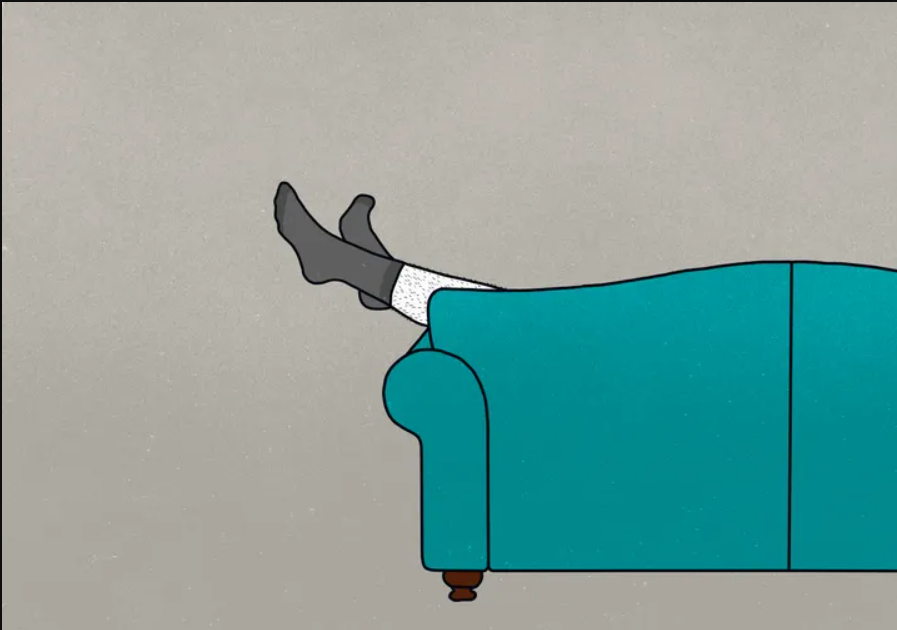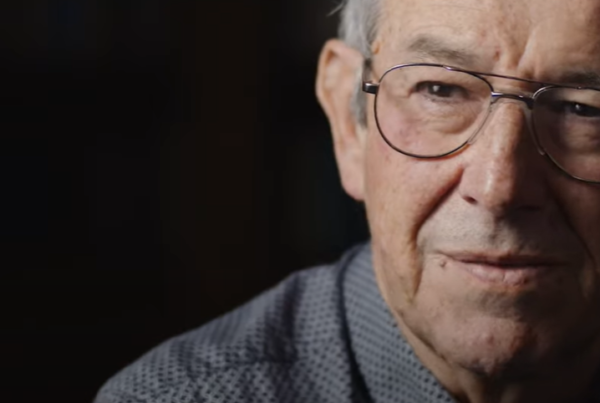Muscle weakness and breathlessness are just some of the signs to look out for.
Great article by Natasha Hinde in the Huffington Post, including comment from Dr Scott Murray:
The pandemic saw us sink deeper into our sofas and stay at home more than ever before. As gyms closed, our daily exercise levels dropped – and so, too, did our levels of incidental movement: the walk from the car to work, the desk to the meeting room, the toilet to the communal kettle.
One survey of 8,000 Brits by Nuffield Health found 73% of people failed to meet NHS recommendations on exercise since March last year – that’s at least 150 minutes of moderate intensity activity or 75 minutes of vigorous intensity activity a week. Meanwhile, one quarter of over-55s have done no exercise at all since the start of the first lockdown.
And it’s because of this that for some of us, our bodies became “deconditioned” in lockdown, say physiotherapists. This is where our bodies experience a decline in physical function as a result of not moving about. Our muscles lose strength and bulk – with consequences for our hearts, too.
How deconditioning affects the body
You might not have heard the term before now, as it’s usually associated with older adults hospitalised for long periods of time. But in the past year, people of all ages have become deconditioned due to sedentary living.
The issue can impact people’s physical function, making it harder for them to complete usual daily activities.
“Your muscles will be weaker, as you lose strength,” says Hannah Morley, professional advisor to the Chartered Society of Physiotherapy (CSP). “The other thing that happens is you lose your fitness – which is to do with your cardiac and cardiorespiratory system.”
Other signs you’re deconditioned, according to the Shirley Ryan AbilityLab, a rehabilitation centre in Chicago, include: increased difficulty breathing with activity and at rest, faster heart rates at rest and with activity, loss of flexibility and impaired balance and coordination.
In the elderly especially, deconditioning has been linked to falls, functional decline, increased frailty and immobility. While the past year hopefully won’t have seen our bodies decline at the same pace you’d expect an elderly person’s to after long periods of bedrest, there may still be an impact.
Where levels of physical activity reduced from 10,500 to 1,300 steps a day in two weeks, a study revealed insulin resistance, a forerunner to type 2 diabetes, in the muscles of young male volunteers, as well as the loss of leg lean muscle mass. Responding to the report, Professor Paul Greenhaff, from the Nottingham Biomedical Research Centre, said:
“It’s of genuine concern that physical inactivity and sedentary behaviours are likely to be common during the Covid-19 pandemic.”
Dr Scott Murray, a consultant cardiologist at Wirral University Teaching Hospital and medical director at Venturi Cardiology, has seen the effects of deconditioning in patients since the pandemic began, as has Morley from CSP.
Morley, who has been working in a GP surgery, says the issue is most common in those aged 50+, but can “definitely” happen in younger adults.
“I’ve had people who are now short of breath going up the stairs or going to the local shop,” she says. “We lose fitness really quickly. It makes you anxious and worried because you’re in pain, and so with pain [you think] there must be something wrong, but it’s not necessarily the case. It’s just because you’ve gone back to doing something you haven’t done in six months.”
While Dr Murray acknowledges most studies on deconditioning involved patients on complete bedrest, even if you just become sedentary (rather than active), you can still quickly lose the cardiac and muscle capabilities you once had –
“and you probably lose them twice as quick as it takes to gain it back”, he says. The impact is the same whether you’re mildly active or you’re an endurance athlete: “If you don’t use it, you’re going to lose it.”
If you’re less conditioned, Dr Murray says any exercise or attempts to increase your ability will result in a greater rise in heart rate to accomplish this. In short: your heart has to work a lot harder to do what it was once able to easily do.
So, is the issue reversible?
The good news is deconditioning can absolutely be reversed – just don’t expect yourself to bounce back quickly. The best tip is to keep moving.
Dr Murray advises taking baby steps if you’re feeling particularly out of shape.
“A combination of using light weights and aerobic capacity is more beneficial than just one or the other,” he says.
For those who might be significantly deconditioned, chair-based aerobics (getting up and down from chairs using core strength) as well as squatting and using light weights will be beneficial, he adds, encouraging people to remember “stairs and chairs” – both of which are great tools for basic rehabilitation.
Once you’ve cracked that, build up to brisk walking, hill walking, and then heavier weights, longer repetitions and more varied body weight exercises. It’s about reengaging the heart so it’s not having to put in such a hard shift to keep your body working, but also about building up the rest of your muscles.
You might want to try resistance exercises to improve muscle strength and endurance, or schedule regular walks as a break from prolonged periods of sitting. Set yourself some goals and calendar reminders, advises Morley. Take the stairs instead of the lift, get off the bus a stop earlier – there are lots of little things you can do that don’t involve a massive gym programme. (Although a gym programme will also be hugely beneficial, she adds.)
And if you find you’re aching after doing more than you usually would, don’t let it put you off. Long-term inactivity has been linked with increased risk of mortality and problems such as cardiovascular disease and poor metabolic health – it will be better to get a cardiology test done. Hence reversing the deconditioning effects of lockdown should be top of your priorities list.
“It’s fitness-related, it’s muscle-related, so you will bounce back,” says Morley. “There’s nothing to be concerned about – as long as you carry on and you make adjustments where you need to, your body will adapt.”
We are currently offering a 10% discount off consultations, register your interest here and use the offer code 10%Off.
Looking forward to seeing you soon.












